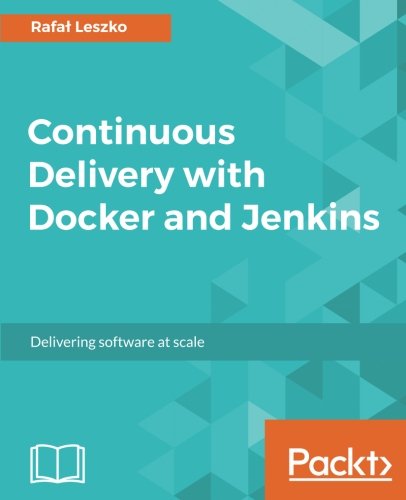; Date: Wed Oct 25 2017
Tags: AntiVirus Software »»»» Russian Hacking »»»» Kaspersky Labs »»»»
Kaspersky Labs has long been a well respected very popular anti-virus software vendor. One clear piece of evidence is that Kaspersky's software was sold through Best Buy, Office Depot, Staples and other high-ranking outlets. This year the evidence has mounted that Kaspersky may have been collaborating with Russian Intelligence, their software has been yanked from those three stores, the US Government has a blanket ban on using Kaspersky's software, and so forth. A few days ago I posted a summary of the technical aspects to anti-virus software could be used to steal anything out of any computer running the software.

Bottom line is that we all have a growing concern over any Russia-connected organization. Indications are that Russia wants to subvert the prevailing power paradigm in The West. Since the Russian Military is relatively weak, the Russian Government is leaning on other forms of warfare -- cyber warfare and information warfare.
In June, a bill came before Congress banning US Government use of Kaspersky software, and that the FBI visited US-based employees of Kaspersky Labs
https://www.nbcnews.com/news/us-news/fbi-interviews-employees-russia-linked-cyber-security-firm-kaspersky-lab-n777571
In July, Bloomberg News claimed Kaspersky Labs was working closely with Russian Intelligence Services
https://www.bloomberg.com/news/articles/2017-07-11/kaspersky-lab-has-been-working-with-russian-intelligence
In September, the bill passing the ban on using Kaspersky software passed in the US Congress,
https://www.shaheen.senate.gov/news/press/shaheens-legislation-to-ban-kaspersky-software-government-wide-passes-senate-as-part-of-annual-defense-bill-
A Department of Homeland Services directive bans using Kaspersky software,
https://www.dhs.gov/news/2017/09/13/dhs-statement-issuance-binding-operational-directive-17-01
Kaspersky CEO, Eugene Kaspersky, denies the allegations,
https://www.kaspersky.com/blog/whats-going-on/19860/
In October, the Wall Street Journal broke news that Kaspersky stole (or was used to steal) software from an NSA employees personal laptop
https://www.wsj.com/articles/russian-hackers-stole-nsa-data-on-u-s-cyber-defense-1507222108
In October, the NY Times reported news that Israeli hackers are responsible for catching Russian hackers looking for secret files using Kaspersky's software
https://www.nytimes.com/2017/10/10/technology/kaspersky-lab-israel-russia-hacking.html?_r=0
In October, CyberScoop reported on a tense confrontation between US Intelligence and Kaspersky Labs
https://www.cyberscoop.com/kaspersky-fbi-cia-fsb-demarche-2015/ That confrontation followed an aggressive sales pitch in which Kaspersky bragged about abilities to help the USA with catching terrorists etc.











